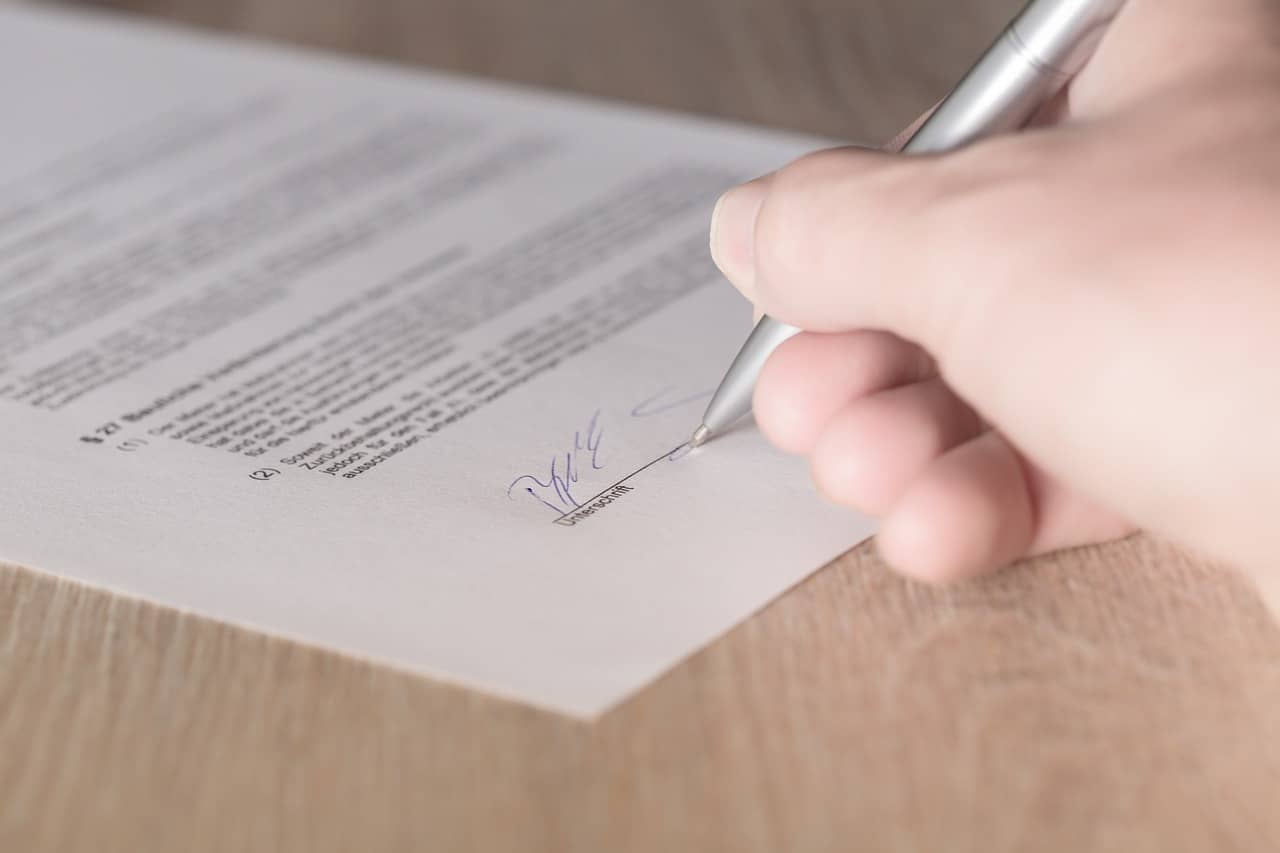In the intricate world of healthcare, where every action can have far-reaching consequences, medical records stand as a silent but pivotal witness. When it comes to proving clinical negligence cases, these records take centre stage. Clinical negligence, often referred to as medical malpractice in some parts of the world, is a serious matter that can result in life-altering consequences for patients. In this article, we will delve into the critical role of medical records in proving clinical negligence cases and explore the four essential elements that must be present to establish negligence.
Proving Clinical Negligence: A Complex Challenge
Clinical negligence cases can be highly complex, involving a myriad of medical jargon, legal intricacies, and emotional turmoil. In such cases, the burden of proof rests on the plaintiff, who must demonstrate that a healthcare provider’s actions or inactions deviated from the standard of care expected in the medical field, resulting in harm to the patient. The key to meeting this burden of proof often lies within the pages of the patient’s medical records.
The Four Essential Elements of Proving Negligence
Before we dive deeper into the role of medical records, let’s establish the four fundamental elements that must be present to prove clinical negligence:
Duty of Care
The first element in any clinical negligence case is establishing that a duty of care existed between the healthcare provider and the patient. This duty of care is an implied agreement that the healthcare provider will provide treatment in a manner consistent with the accepted standards of medical practice. It sets the foundation upon which the entire case is built.
Breach of Duty
Once the duty of care is established, the next step is to show that the healthcare provider breached that duty. In other words, it must be demonstrated that the healthcare provider’s actions or omissions fell below the standard of care expected in the medical community. This is where medical records become invaluable.
Causation
Proving a breach of duty alone is not sufficient; it must be shown that this breach of duty directly caused harm to the patient. Causation can be a complex aspect of clinical negligence cases, and it often relies heavily on medical records to establish a clear link between the breach of duty and the patient’s injuries.
Damages
Finally, in a clinical negligence case, it is necessary to demonstrate that the patient suffered actual harm or damages as a result of the breach of duty. These damages can take various forms, including physical injuries, emotional distress, financial losses, and more. Medical records play a vital role in documenting the extent of these damages.
The Medical Record: A Treasure Trove of Evidence
Now that we’ve outlined the four essential elements of proving clinical negligence, let’s explore how medical records become a critical piece of the puzzle. Medical records are comprehensive documents that chronicle a patient’s medical journey, from the initial consultation to the final treatment. They contain a wealth of information, including:
Patient History: Medical records typically begin with the patient’s medical history, which can include pre-existing conditions, allergies, and past treatments. This information helps establish the baseline for the patient’s health.
Treatment Plans: The records detail the treatment plans recommended by the healthcare provider. This includes prescribed medications, surgeries, therapies, and any other interventions deemed necessary.
Progress Notes: Healthcare providers document the patient’s progress during treatment. Progress notes can reveal whether the patient was responding well to treatment or experiencing complications.
Diagnostic Tests: Medical records contain results from various diagnostic tests such as X-rays, MRIs, blood tests, and biopsies. These tests can be crucial in demonstrating whether the healthcare provider accurately diagnosed the patient’s condition.
Medication Records: Details of medications prescribed, including dosages and administration instructions, are meticulously recorded. Any errors in medication administration can be significant in a negligence case.
Surgical Records: If surgery was involved, surgical records outline the procedure, surgical team, and any unexpected events during the operation.
Discharge Summaries: These documents summarise the patient’s condition upon discharge from a healthcare facility, providing insights into the patient’s overall health at the end of treatment.
The Power of Documentation
The strength of medical records lies in their meticulous documentation. Every entry, note, and piece of information is crucial in building a case for clinical negligence. Let’s break down the ways in which medical records play a pivotal role in each of the four elements of proving negligence.
Duty of Care
To establish that a duty of care existed, it’s essential to have a clear record of the patient’s relationship with the healthcare provider. This includes documented visits, consultations, and the initiation of treatment plans. Medical records serve as a time-stamped account of when the duty of care began.
Breach of Duty
The most critical aspect of proving negligence is demonstrating that a breach of duty occurred. Medical records provide the necessary baseline for what the standard of care should have been. By examining the records, legal experts and medical professionals can pinpoint where the breach occurred. This may involve identifying deviations from established protocols, errors in treatment, or lapses in monitoring the patient’s condition.
Causation
Establishing causation is often one of the most challenging aspects of clinical negligence cases. Medical records are indispensable in connecting the dots between the breach of duty and the patient’s injuries. For example, if a patient’s condition worsened after a specific treatment, the records can help establish a causal relationship.
Damages
Documenting the extent of damages is essential to determine the compensation owed to the injured party. Medical records provide a comprehensive account of the patient’s physical and emotional state following the breach of duty. They can include details of pain and suffering, the need for additional medical treatment, and any ongoing disabilities or complications.
The Complexity of Clinical Negligence
These two hypothetical cases highlight the complexity of clinical negligence cases. While medical records are crucial in both scenarios, their interpretation and the ultimate determination of negligence depend on the specific circumstances. In one case, the records support a clear case of negligence, while in the other, they defend the healthcare provider’s actions.
The Importance of Documentation Integrity
To ensure the validity and admissibility of medical records in a clinical negligence case, it’s essential that they remain accurate and unaltered. Any inconsistencies, missing information, or suspected tampering can cast doubt on the integrity of the records. Healthcare providers are obligated to maintain comprehensive and truthful documentation of their patients’ care.
In some cases, discrepancies in medical records can lead to separate legal issues, such as allegations of document manipulation or fraud. Such allegations can have serious consequences for healthcare providers, including licence revocation and legal penalties.
Making a Clinical Negligence Claim with National Claims
At National Claims, we understand the complexity of clinical negligence cases and the pivotal role that medical records play in seeking justice for patients who have suffered due to healthcare provider negligence. Our experienced team of legal professionals specialises in handling clinical negligence claims, and we are dedicated to helping victims and their families navigate this challenging claims process.
When you choose National Claims to represent you in a clinical negligence case, here’s how we can assist you:
Thorough Medical Record Review
Our experts will conduct a comprehensive review of your medical records, leaving no stone unturned. We understand the intricacies of medical documentation and will work diligently to identify instances of breach of duty and establish causation.
Expert Testimony
We collaborate with medical experts who can provide credible testimony to support your case. These experts play a crucial role in interpreting complex medical information and presenting it in a clear and compelling manner.
Legal Strategy
Our legal team will craft a robust legal strategy tailored to your unique case. We will advocate for your rights and seek the compensation you deserve for the damages you’ve suffered.
Compassionate Support
We understand that clinical negligence cases can be emotionally challenging. Our team is here to provide compassionate support throughout the legal process, ensuring that you are informed and empowered every step of the way.

Conclusion
In the realm of clinical negligence cases, medical records are the silent storytellers, chronicling a patient’s journey through the healthcare system. They hold the power to determine whether a healthcare provider’s actions were negligent and whether those actions directly harmed the patient. As we’ve explored, these records play a crucial role in establishing the four essential elements of clinical negligence: duty of care, breach of duty, causation, and damages.
Whether they reveal a tale of negligence or a narrative of diligence, medical records provide the foundation upon which the legal system adjudicates these complex cases. The interpretation of these records often requires the expertise of medical professionals, who can shed light on the standard of care and whether it was breached.
In the end, it is the responsibility of healthcare providers to maintain accurate and unaltered medical records, and it is the duty of the legal system to ensure that justice is served when clinical negligence occurs. The verdict of clinical negligence often rests within the pages of these meticulously documented records, shaping the futures of both patients and healthcare providers alike. When you need assistance in pursuing a clinical negligence claim, National Claims is here to stand by your side, advocating for your rights and seeking the justice you deserve.
Contact us to get started with your claim and to speak with one of our claims specialists.
Click below to see why we are one of the most trusted claims management companies in the UK.

We’re proud of our excellent customer reviews
We thrive on delivering exceptional service and ensuring our clients’ satisfaction. Don’t just take our word for it. Check out some of our independent reviews to see what our clients have to say.
Excellent

This firm is excellent, they sorted out my car pay out and injury claim very fast, they always communicate with you all the time.

My accident case was dealt with confidence and with great result of the outcome, especially James kept me informed all the time.

I was very impressed at the way my inquiry was treated. I was listened to attentively and everything I needed to know was explained to me.






